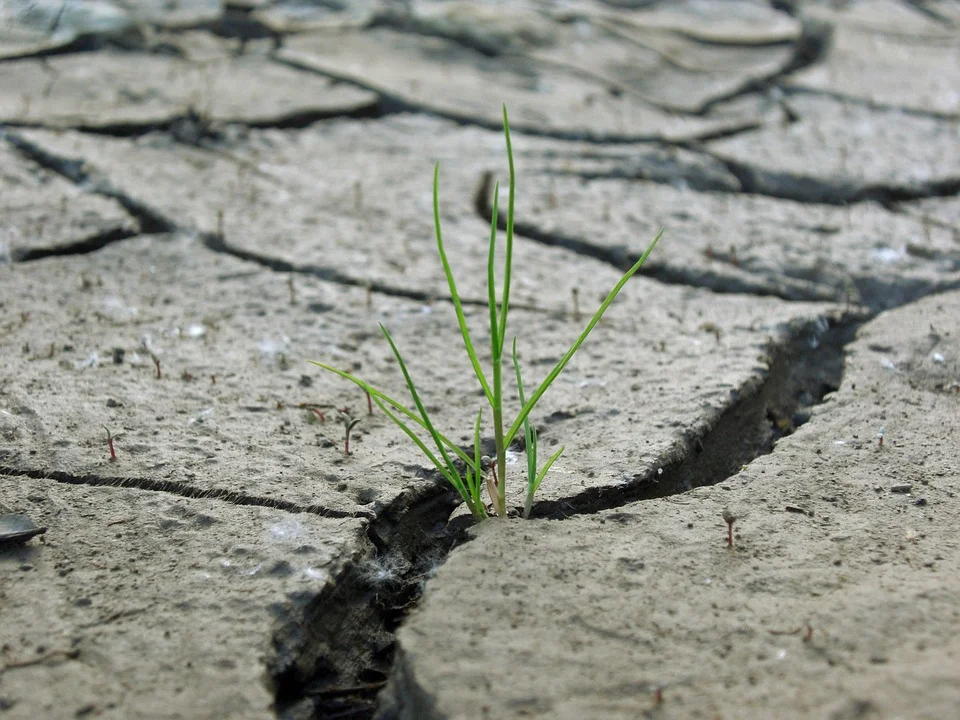This week, during a rather flow-style stretch session, I found myself sweating profusely. The room was stuffy and the temperature high in the late afternoon. Sweat. A sign of success. The result of my effort to work hard and to remain focused on the instructions from the teacher.
So, what if perspiration is like a spiritual practice—not attractive but a sign of cleansing and reaching a place of release. We have to work hard if we want our inner core – the spiritual one – to become strong and able to hold up in times of stress. We maintain our spiritual practices of prayer and bible study to train our spirits and, of course, to worship. To worship in order to love better, to fend off the diseases of anger and greed and jealousy. Perhaps a good session of prayer effectively releases the toxins that are harboured in a weak human system.
“‘Though he causes us grief – we perspire in our effort to follow Him – He then has compassion on us according to the abundance of his loyal kindness’. ”
I snuck a line into that Lamentations verse ' we perspire in our effort to follow him'. Sometimes it's tough to maintain a spiritual posture. But the results are worth it. It pays off.
In other words, as I stand at the bus stop and wait, after my class, I feel damn good. Feeling it – those beads of kindness running down my back.















